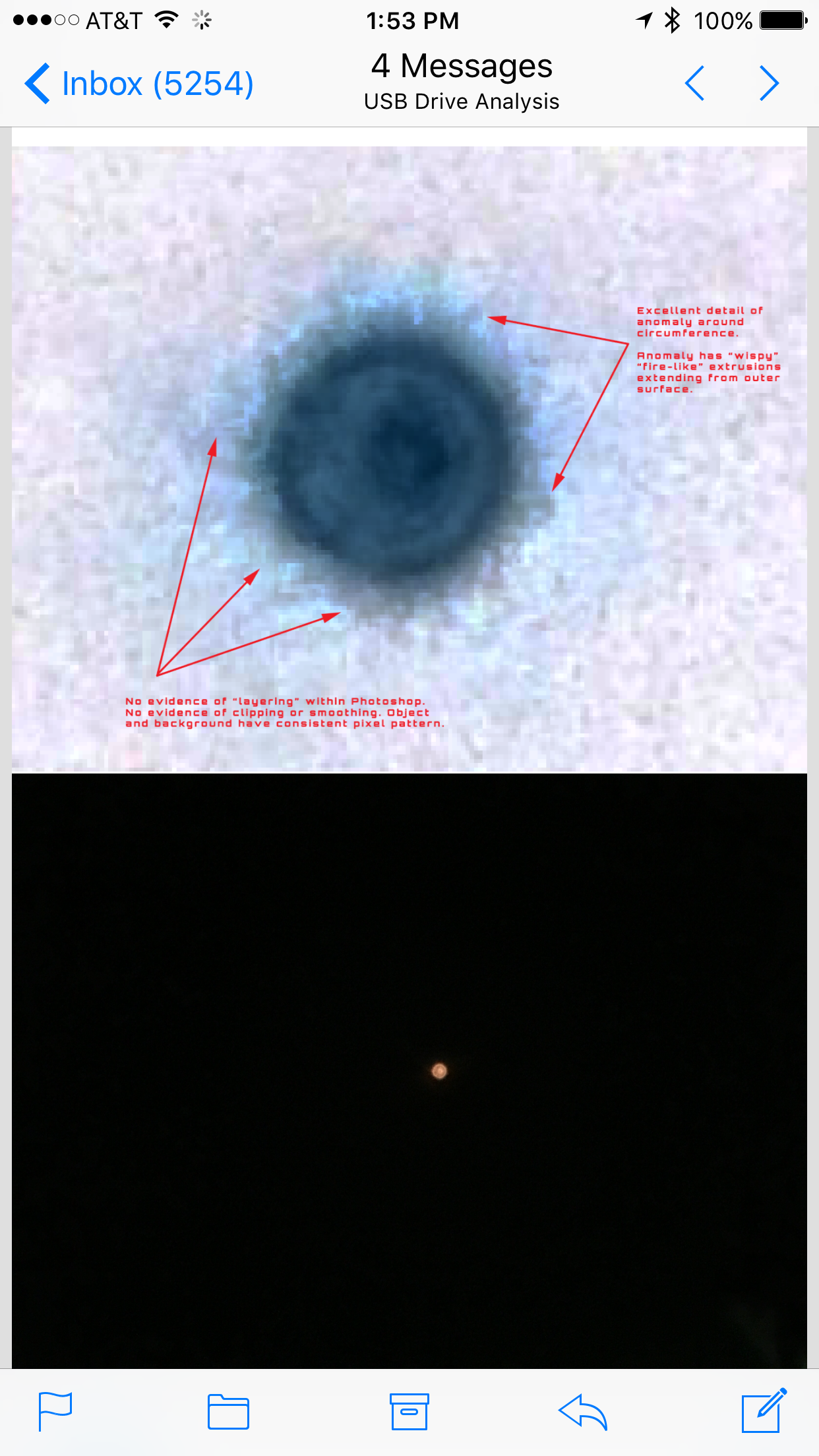
The Senate Armed Services Committee today (June 14, 2024) posted a summary of the National Defense Authorization Act (NDAA) version that the committee approved yesterday (June 13). The actual bill text is not yet available, but the summary indicates that the bill contains little new IAP-related language — just a provision that “requires the All-Domain Anomaly Resolution Office to provide a liaison to the Counter Unmanned Aircraft Systems Task Force to improve coordination in areas of shared responsibility.” (p. 9)
There is no other UAP-related language mentioned in the summary. However, if the bill also contains language merely extending into a new fiscal year a prohibition on the funding of non-reported UAP-related Pentagon special-access programs, which was exacted for the first time on last year’s bill (signed into law on December 22, 2023), such a simple extension might not be mentioned in the summary.
Also on June 14, the House of Representatives passed its version of the NDAA (H.R. 8070), containing no new UAP language. Four UAP-related amendments had been submitted to the House Rules Committee, but that committee did not make any of them in order for consideration on the House floor.
Some had hoped that the NDAA that emerged from the Senate Armed Services Committee this week would contain a version of the Schumer-Rounds UAP Disclosure Act (UAPDA), which would establish a presidentially appointed review board and a temporary federal agency to search out UAP-related information from throughout the government, and supervise its orderly release.
However, inclusion of the UAPDA by the Senate Armed Services Committee would violate jurisdictional rules, since the UAPDA appears to fall mostly within the jurisdiction of the Senate Homeland Security & Governmental Affairs Committee. This jurisdictional issue would not necessarily prevent the UAPDA from being added when the NDAA comes to the Senate floor, the timing of which remains to be determined.
If any senator intends to attempt to add a version of the UAPDA to this year’s NDAA– and I do not know the sponsors’ intent– then I would expect it to occur through negotiations over packages of amendments. That is in effect what happened in July of 2023, the UAPDA was inserted into a substitute amendment (i.e., a replacement for the committee-approved bill), which eventually became the text of NDAA by consent, without a separate vote on the UAPDA. In 2023, the fate of the substitute amendment and the bill were linked to complex negotiations over a “manager’s amendment,” which was a list of amendments on diverse subjects that was negotiated and adopted 94-3 as a package. Such agreed-on lists are the product of much give-and-take, negotiation, trade offs. Senator Chuck Schumer (D-NY), prime sponsor of the UAPDA, is the majority leader, but that does not mean that he can simply dictate that all agree to a package–not even to his own caucus, and certainly not to the minority party.
It is true that every senator also has the theoretical right to offer freestanding amendments to an authorization bill such as NDAA, but there are practical constraints. For one thing, opponents can force a 60-vote threshold on any freestanding amendment. Moreover, no UFO-related amendment has ever been the subject of a separate roll call vote on the floor of either house of Congress.
In 2023, the negotiation process in the Senate allowed the UAPDA to clear the Senate– but then it was largely gutted in conference committee negotiations with the House of Representatives, due mostly to opposition from the Pentagon. Judging from the content of the “historical study” released by the Pentagon’s All-domain Anomaly Resolution Office (AARO) in March, 2024, the UAPDA is likely to again face such obstacles in the months ahead.
— Douglas Dean Johnson
submitted by /u/Implacable_Gaze
[link] [comments]